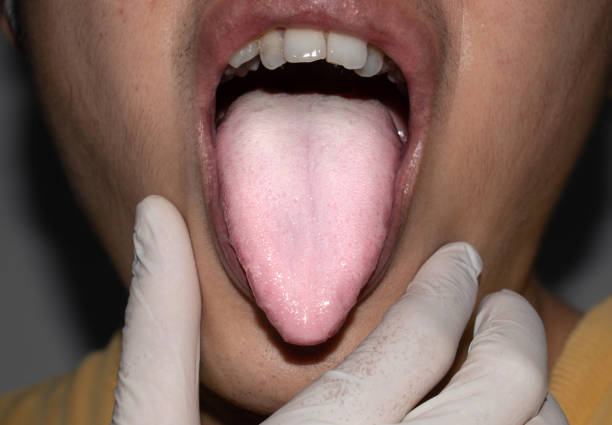Metallic taste in mouth and fatigue are two common symptoms that can be experienced by individuals for various reasons. The metallic taste in mouth, also known as dysgeusia, can be described as a persistent, unpleasant taste that can range from a metallic, bitter, or even salty flavor. On the other hand, fatigue refers to a feeling of tiredness and exhaustion that affects one’s ability to perform daily activities.
There are several causes of metallic taste in mouth and fatigue, including medications, infections, neurological conditions, and other health issues. In some cases, both symptoms may be related and result from the same underlying cause.
Symptoms of Metallic Taste in Mouth and Fatigue
Metallic taste in mouth can range from a mild to severe intensity and can persist for a short or long period of time. Other symptoms that may accompany a metallic taste in mouth include:
A bitter or sour taste in the mouth
Changes in sense of smell or taste
A burning or tingling sensation in the mouth
A dry mouth
Fatigue, on the other hand, is characterized by a persistent feeling of exhaustion, regardless of the amount of sleep or rest a person has received. Some individuals may also experience physical or mental exhaustion and may struggle to perform even simple tasks. Other symptoms that may accompany fatigue include:
Drowsiness
Weakness
A lack of energy
Difficulty concentrating
Treatment for Metallic Taste in Mouth and Fatigue
Treatment for metallic taste in mouth and fatigue will depend on the underlying cause of the symptoms. Some common causes and treatments include:
Medications: Certain medications, such as antibiotics, can cause a metallic taste in mouth and fatigue. If this is the case, switching to a different medication may be necessary.
Infections: Some infections, such as streptococcal pharyngitis (strep throat), can cause a metallic taste in mouth and fatigue. Antibiotics may be prescribed to treat the infection.
Neurological conditions: Certain neurological conditions, such as Parkinson’s disease or multiple sclerosis, can cause a metallic taste in mouth and fatigue. In these cases, medication and therapy may be necessary to manage the symptoms.
Other health issues: Other health issues, such as anemia or low vitamin levels, can cause a metallic taste in mouth and fatigue. In these cases, treating the underlying health issue may improve the symptoms.
In some cases, the metallic taste in mouth and fatigue may resolve on their own, without any specific treatment. However, if the symptoms persist or worsen, it is important to seek medical attention to determine the underlying cause and to receive appropriate treatment.
Conclusion
Metallic taste in mouth and fatigue are common symptoms that can be experienced for various reasons. The underlying cause of the symptoms will determine the appropriate treatment, which may include medication, therapy, or treating the underlying health issue. If the symptoms persist or worsen, it is important to seek medical attention to determine the underlying cause and receive appropriate treatment.

 Home
Home Health
Health Diet & Nutrition
Diet & Nutrition Living Well
Living Well More
More












